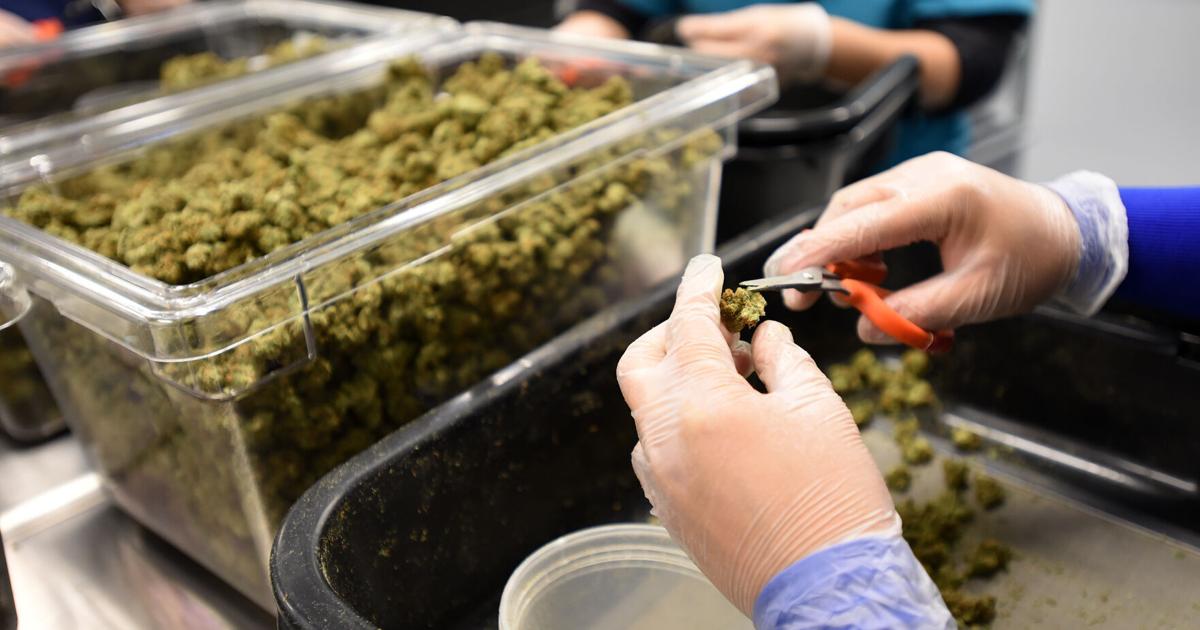Pot Law Update Would Limit Impact Fee | New
BOSTON — Fees cannabis companies are forced to pay cities and towns to set up shop would be reduced as part of a major overhaul to the state’s five-year recreational pot law being considered by Governor Charlie Baker.
The compromise legislation, which was sent to Baker by the legislature on the last day of its formal session, would nullify so-called hosting agreements between pot operations and local governments and force them to renegotiate terms.
Fees would still be allowed, but they would be capped at 3% of a pottery store’s gross sales, and hosting agreements would expire after eight years.
The proposed changes would also give the state Cannabis Control Board more regulatory power over the terms of these hosting agreements.
The cannabis industry has long maintained that local governments charge excessive gambling fees and refuse to justify these fees. They say retail stores have had minimal impact on police, fire and other city services.
The state’s 2016 law legalizing cannabis allows adults 21 and older to possess up to 10 ounces, and permits regulated cultivation and sale.
The law gives communities the ability to charge pottery shops excise taxes of up to 3% on retail sales. This is in addition to a 10.75% cannabis excise tax and 6.25% state sales tax.
In addition to these taxes, cities and towns may charge impact fees that are “reasonably related to the costs” of hosting a pot business, such as staffing additional police patrols.
But these costs cannot exceed 3% of the company’s gross income.
These fees must be renegotiated by the communities every five years in accordance with the law.
Some communities have added clauses to agreements that require cannabis sellers to increase payments if they donate more money to other communities.
A recent report by the Massachusetts Cannabis Business Association, a trade group, found local governments had collected at least $50 million in fees from retail stores and grow operations, but said the system was suffering from a lack of transparency and oversight.
Several lawsuits have been filed against local governments over excessive payment fees, including one targeting Haverhill’s local impact fee.
The push to eliminate impact fees has been resisted by the Massachusetts Municipal Association, which argues that the agreements are no different from contracts with developers and others to offset the rising costs of providing police services, d fire or other municipal services.
In a letter to Baker, MMA President and CEO Geoff Beckwith said the group is “deeply concerned” that the legislation will invalidate more than 1,000 local deals with cannabis companies that it says him, were negotiated in good faith.
He said canceling those deals would expose towns and cities to ‘expensive litigation and disruption’ and called on Baker to change Grandpa’s proposal in the hosting deals that were signed before approval. of the measure by the Legislative Assembly, at least until their expiration.
Baker has until next Thursday to sign, veto, or send the bill back to lawmakers with recommended changes.
Christian M. Wade covers the Massachusetts Statehouse for North of Boston Media Group newspapers and websites. Email him at [email protected].


Comments are closed.